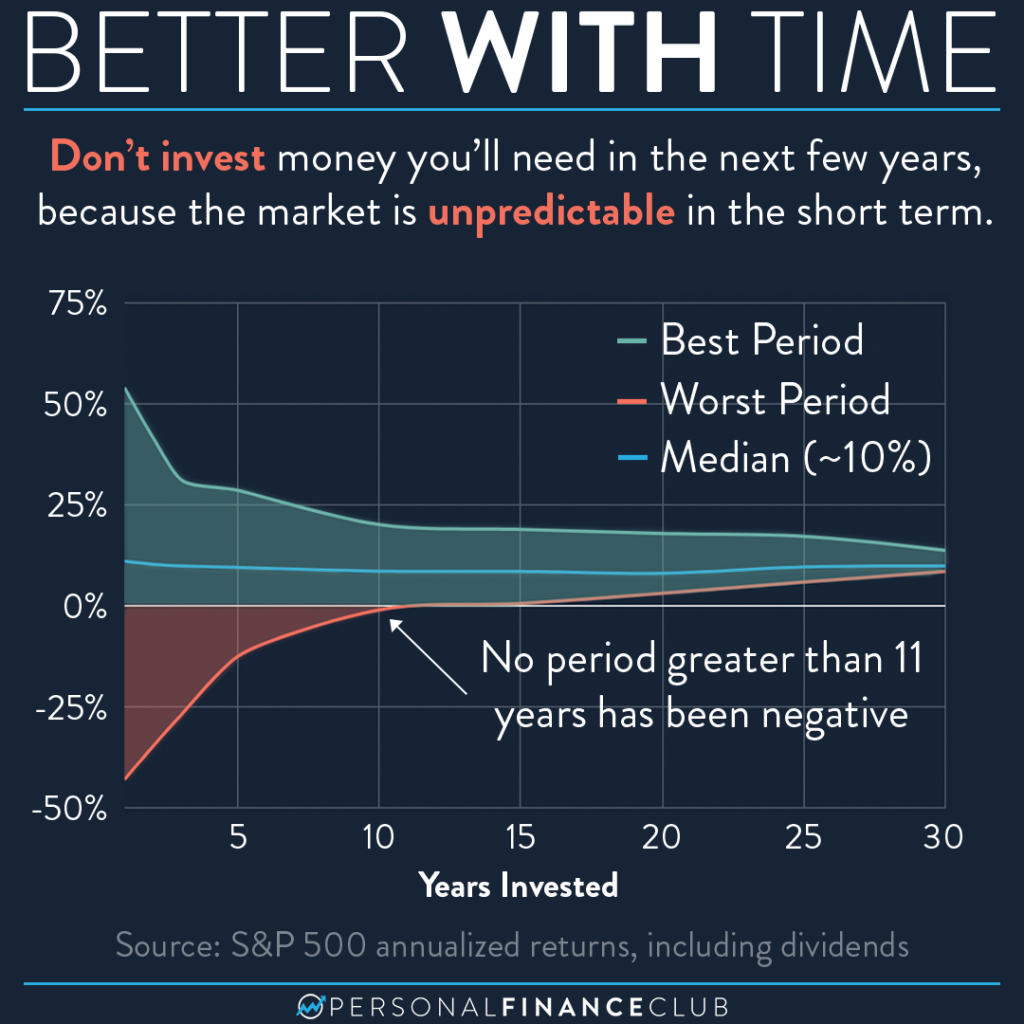Understanding No-Money-Down Strategies
How to buy investment property with no money down – Acquiring investment properties without significant upfront capital requires employing strategic methods that minimize initial investment while maximizing potential returns. Several strategies exist, each with its own set of risks and benefits. Understanding these nuances is crucial for successful implementation.
No-Money-Down Strategies: Methods, Risks, and Benefits
Several methods enable investors to acquire investment properties with minimal upfront capital. These include owner financing, lease-option agreements, and partnerships. Each approach presents unique advantages and disadvantages that prospective investors must carefully weigh.
- Owner Financing: The seller acts as the lender, often accepting a smaller down payment or none at all. Benefits include lower upfront costs and potentially faster transaction times. Risks include higher interest rates and the potential for stricter terms compared to traditional financing.
- Lease-Option Agreements: The buyer leases the property with an option to purchase it later. This allows time to assess the property’s value and secure financing. Benefits include a smaller initial investment and time to build equity. Risks involve potential rent increases and the possibility of losing the option fee if the buyer fails to purchase the property.
- Partnerships: Pooling resources with other investors allows access to greater capital. Benefits include shared risk and increased buying power. Risks involve potential disagreements among partners and challenges in managing shared responsibilities.
Comparison of No-Money-Down Strategies, How to buy investment property with no money down
The following table compares three no-money-down strategies based on upfront costs, ongoing expenses, and potential returns. These figures are illustrative and can vary significantly based on individual circumstances.
| Strategy | Upfront Costs | Ongoing Expenses | Potential Returns |
|---|---|---|---|
| Owner Financing | Low/None | Higher interest payments | Potentially high, depending on interest rate and property appreciation |
| Lease-Option | Option fee, lease payments | Lease payments, potential repairs | Moderate, dependent on purchase price and property appreciation |
| Partnership | Variable, depending on equity contribution | Shared expenses, potential profit sharing disputes | Potentially high, dependent on partnership agreement and property performance |
Finding Suitable Properties: How To Buy Investment Property With No Money Down
Identifying profitable investment properties requires a strategic approach that prioritizes key criteria and leverages effective resources for property discovery and evaluation. Due diligence plays a crucial role in minimizing risk and maximizing returns.
Criteria for Selecting Profitable Investment Properties
Several factors influence the profitability of an investment property. Location, condition, rental potential, and potential for appreciation are key considerations.
- Location: Desirable neighborhoods with strong rental demand and potential for appreciation command higher prices and rental income.
- Condition: Properties requiring significant repairs can be undervalued but also present higher risks and costs. Careful assessment of necessary renovations is crucial.
- Rental Potential: Analyzing comparable rental properties in the area helps determine realistic rental income expectations.
- Appreciation Potential: Considering the property’s long-term appreciation potential is essential for long-term investment success.
Property Evaluation Checklist
A comprehensive checklist ensures a thorough evaluation of potential investment properties. This checklist covers key aspects to ensure a well-informed investment decision.
| Aspect | Evaluation Criteria |
|---|---|
| Location | Proximity to amenities, schools, transportation, crime rates |
| Condition | Structural integrity, necessary repairs, updated systems |
| Rental Potential | Comparable rents, vacancy rates, potential for rent increases |
| Financial Analysis | Projected cash flow, ROI, potential appreciation |
Securing Financing and Partnerships

Securing funding and partnerships requires strategic negotiation, exploration of diverse financing options, and careful selection of reliable partners. A structured approach significantly increases the chances of success.
Negotiating Favorable Terms
Effective negotiation involves presenting a compelling offer, understanding the seller’s motivations, and exploring creative financing solutions.
- Creative Financing: Options beyond traditional mortgages include seller financing, lease-options, and partnerships.
- Negotiation Tactics: Strong negotiation skills can secure favorable terms, including purchase price, closing costs, and financing arrangements.
Finding Reliable Partners

Partner selection is critical. Thorough due diligence, including background checks and a review of their investment experience, is crucial to mitigate risks.
- Due Diligence: Verifying the partner’s financial stability and investment track record is crucial.
- Legal Agreements: A well-defined partnership agreement Artikels responsibilities, profit sharing, and dispute resolution mechanisms.


